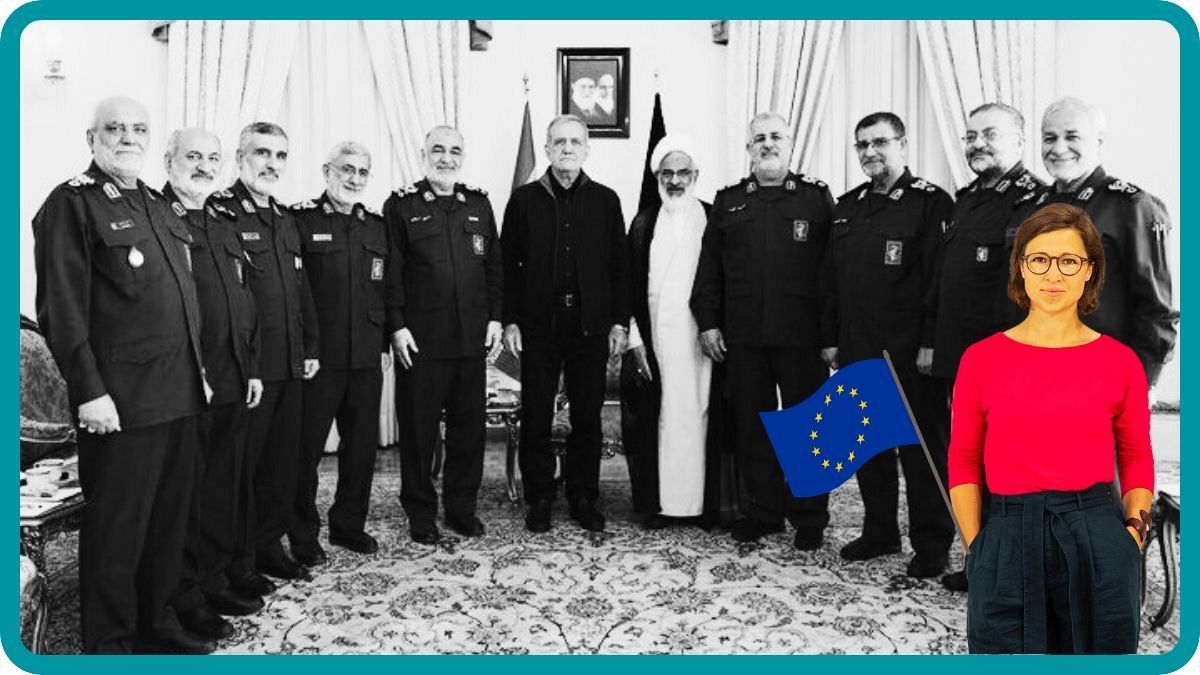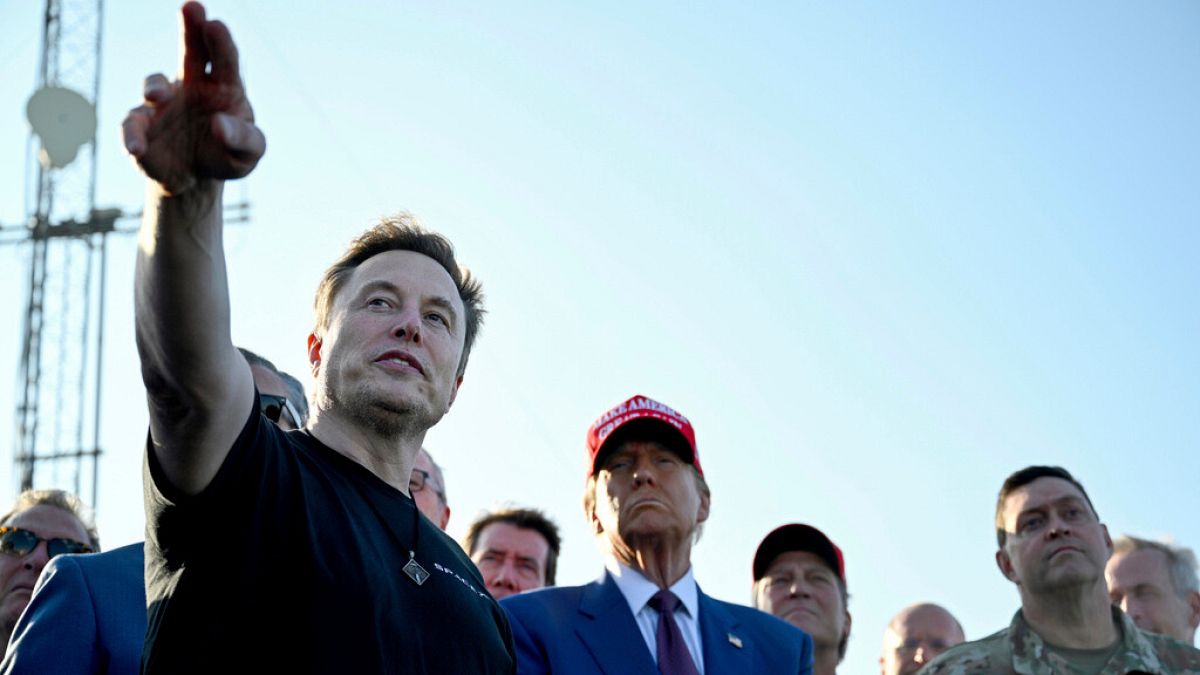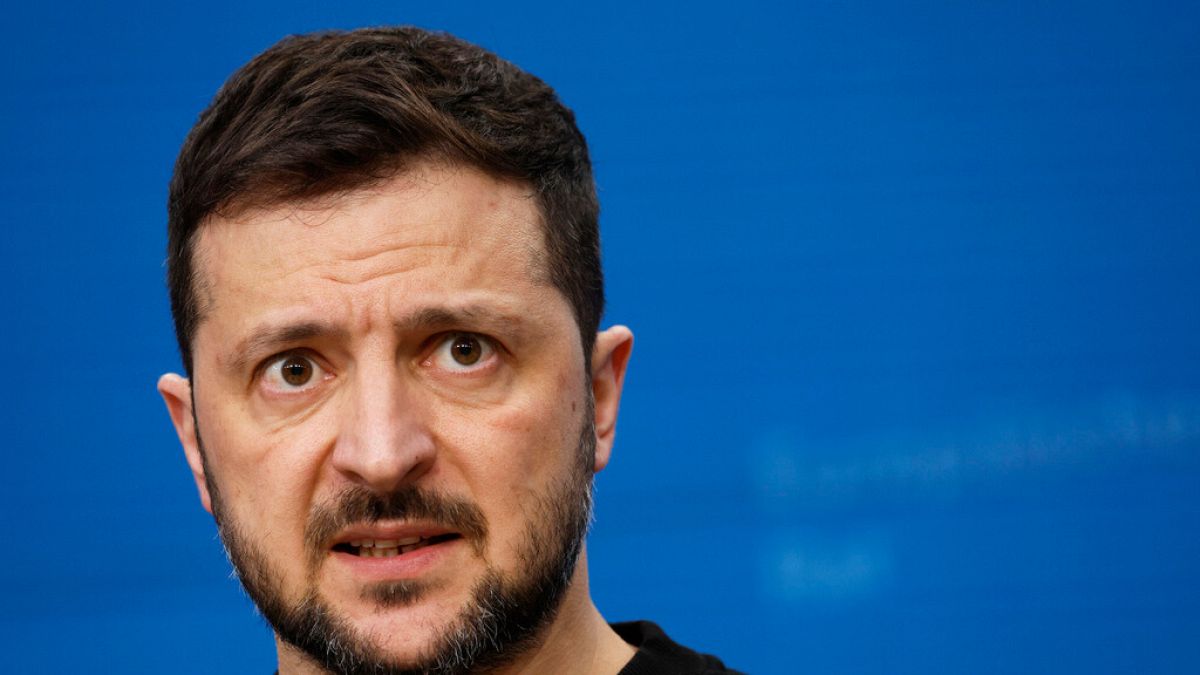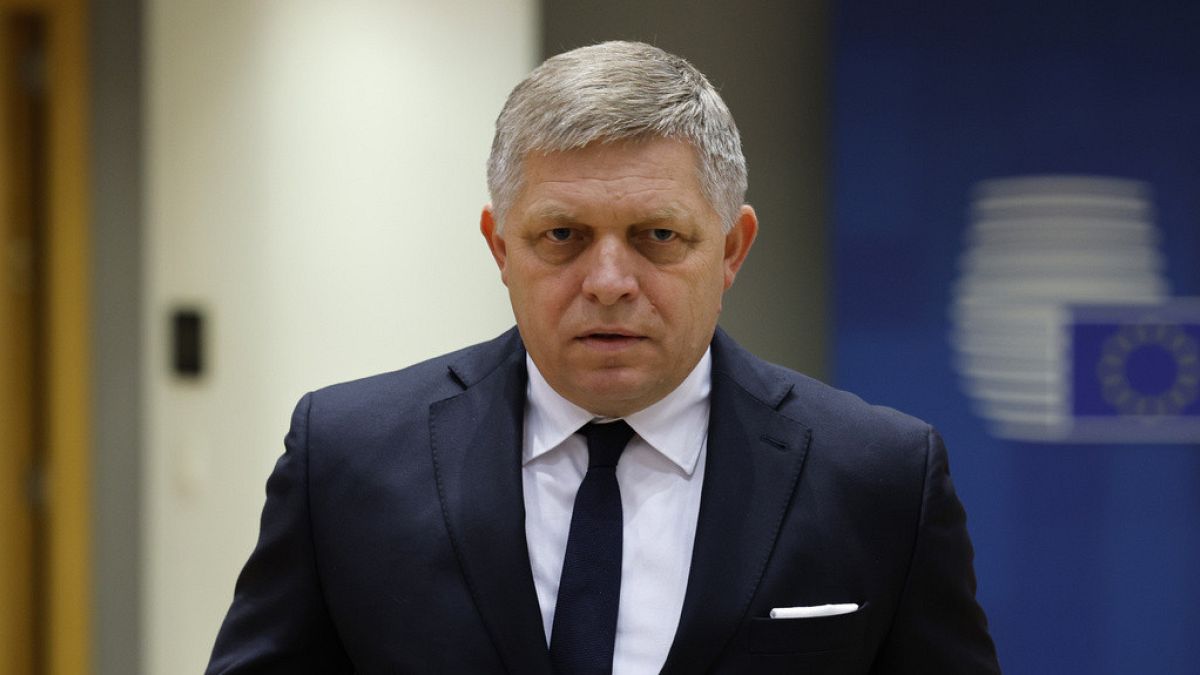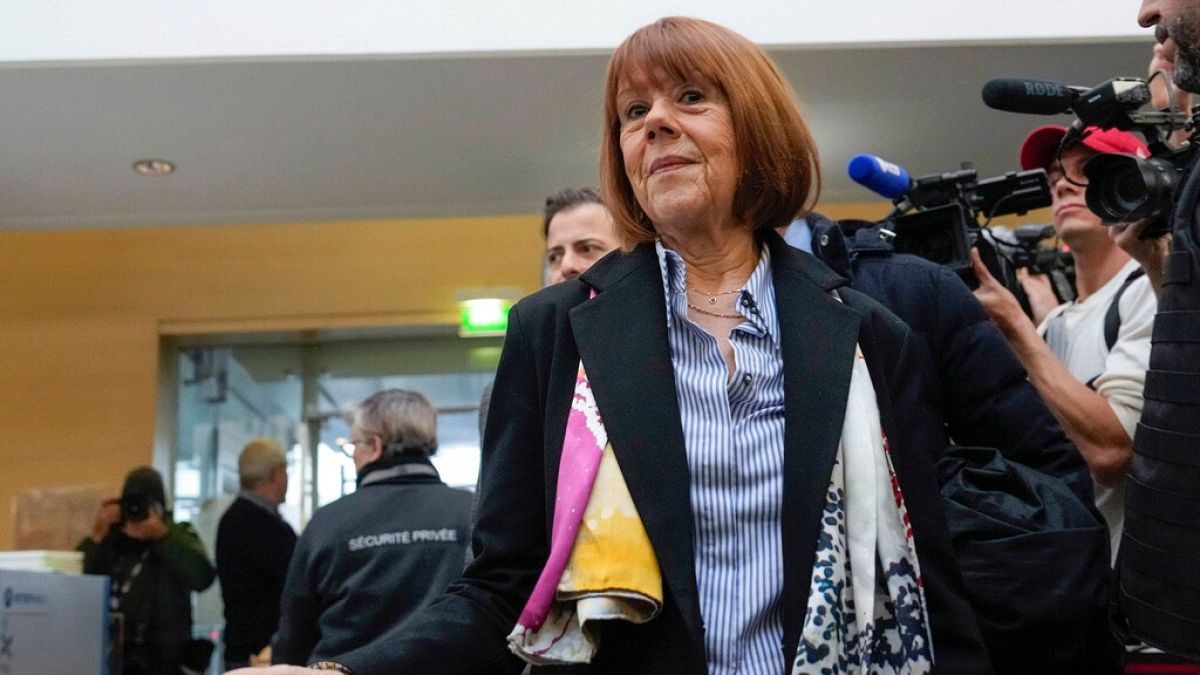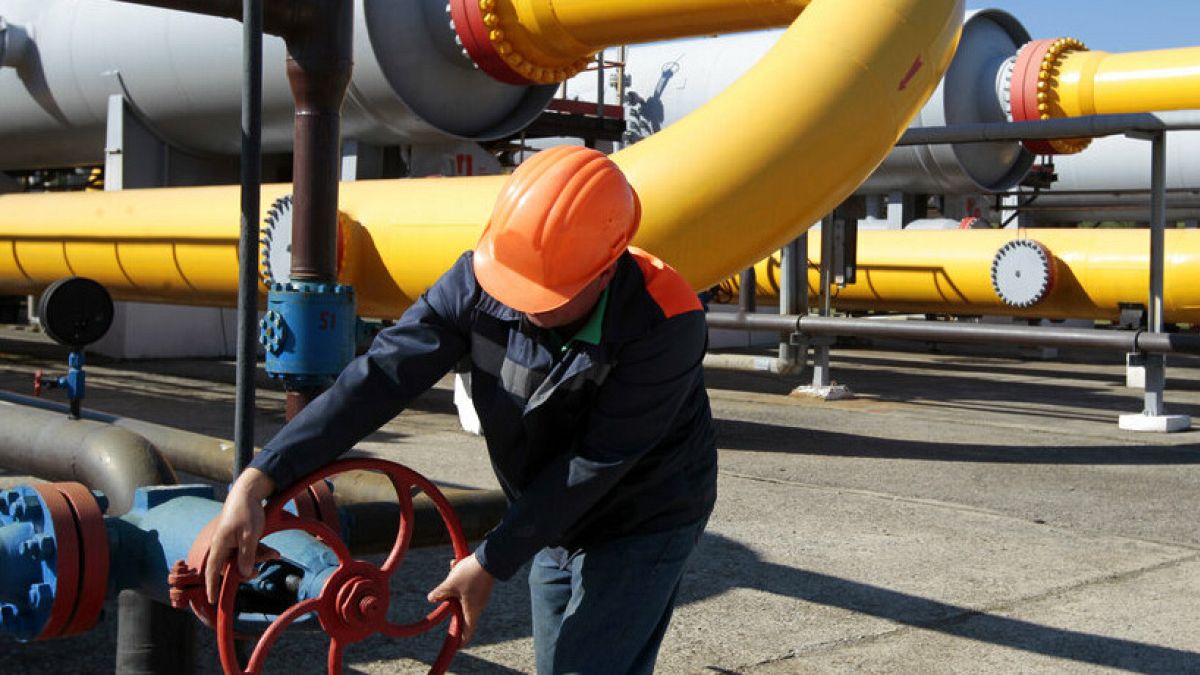“Secret services in the EU have gathered credible evidence that shows IranAir uses its aeroplanes to send military equipment to war zones around the world, like Syria, Yemen and Russia in its war against Ukraine,” the chair of the EU Parliament’s Delegation for Relations with Iran tells Euronews.
Hannah Neumann, the head of the European Parliament’s Delegation for Relations with Iran, says that during her time in this position, she will aim to engage with both the Iranian parliament and the Iranian people, who seek change and lasting peace.
A knowledgeable German politician on Iranian issues, Neumann is known for her criticism of Josep Borrell’s policies on Iran. She considers Borrell too conservative when it comes to the country and the Islamic Revolutionary Guard Corps (IRGC). Euronews Persian’s conversation with Ms. Neumann touched on the inclusion of the IRGC’s name on a list of terrorist groups, the execution of Jamshid Sharmahd, the status of the suspension of the case of Elaheh Mohammadi and Niloofar Hamedi, the boycott of IranAir, Europe’s connection with Masoud Pezeshkian and a possible war between Iran and Israel.
During the conversation, she stressed that “EU security agencies have sufficient documentation which proves IranAir has used its planes to send military equipment to the Houthis in Yemen, the Syrian regime and other regions plagued by war”.
Lithuania’s parliament has designated the IRGC as a terrorist organisation. Do you think the EU should also pursue such a path? What is your position on this?
“The Revolutionary Guard terrorises its own people inside Iran, but they also terrorise a whole region, the Middle East. This is why now would be the perfect time to list them as a terrorist organisation. I am pleased the Lithuanian parliament has taken this step, and will fight to make sure the European Union follows suit. Fortunately, there is a majority consensus on this issue in the European Parliament. But amongst EU countries themselves, things are a more difficult”.
You have repeatedly criticised the position of Josep Borrell in this regard. How will you evaluate the stance of his successor?
“The fact is that Josep Borrell, who heads the European Union’s foreign policy, never made this one of his key political targets. I have discussed with Kaja Kallas, who will succeed him, and hope that she will do so”.
What was your impression of Ms. Kallas? Some say that given Russia’s military incursion into Ukraine, the EU’s attention will be focused there instead of on the Middle East.
“What was discussed with Ms. Kallas during our recent meeting is confidential. But in the public meeting that we will soon have in the European Parliament, some of the same issues will be raised, and their content will be public.
However, I must emphasise that I found Ms. Kallas to be different to Mr. Borrell in this regard”.
How do you evaluate the election of Masoud Pezeshkian as the new president of Iran, and what will Europe’s relationship with him be?
“A a lot of people across the EU said after was selected, because you can’t really speak of an election as such in Iran, that we should wait and judge him and his new government by their actions. He will be visiting New York and will supposedly have positive discussions with the European side, but do something else in practice and support malign groups in the region. His words are not the same as his actions. We saw this with the recent execution of an Iranian-German citizen.
The execution, or rather the murder, of Jamshid Sharmahd displayed their intentions, so our [Europe’s] action towards them must be very strong, and we should list the IRGC as a terrorist organisation. They are a terrorist organisation and that’s why we should treat them as such”.
What do you think of the cases of Elaheh Mohammadi and Niloofar Hamedi, the two Iranian journalists?
“They were only doing their job as journalists. They are courageous journalists that brought to light the brutal death of Jina Mahsa Amini. Sentencing them to prison is a blatant attempt to curb freedom of the press and silence independent voices in Iran.
It is part of a broader pattern of repression that targets anyone who dares to challenge the regime’s narrative. Its tactic of throwing people in and out of prison is psychological warfare and torture, and keeps them in a constant state of uncertainty. It conveys the message that if opponents and critics challenge the regime, they will be broken physically and mentally.
These two journalists don’t know when they will return to prison, and for how long they will be free. What the Iranian regime is committing is in fact a heinous form of spiritual torture. We will continue to raise public awareness about their plight, as will other journalists in the country who pursue the truth and want the persecution of these journalists to end”.
How do you evaluate the bill on veils passed by the Iranian parliament?
“This bill is just another step backward for women’s rights in Iran. It is not about protecting cultural values, but rather about control and oppression. The regime is using the hijab as a political tool to further entrench its power over women’s bodies and lives in general. This is a clear violation of personal freedom and a stark reminder of the Iranian regime’s deep-seated fear of women’s autonomy, as well as a symbol of the systematic oppression it has practiced for decades.
The hijab is seen by many of the women who are protesting as a means of deprivation of their basic rights. It is not only an infringement on their freedom of choice, but also denies them the opportunity to live under their own identity and show the world who they are, how beautiful they are and how strong they are. The hijab law undermines women’s dignity, and reflects the regime’s persistent need to have total control of every aspect of daily life. It just not just about a piece of cloth, but rather about the fundamental freedom to live your own life and make your own choices”.
How do you see the situation in the Middle East? Thus far, we have witnessed two Iranian missile attacks on Israel, as well as an Israeli attack on Iran. What is Europe’s position on this?
“Many in the region want peace. People are out there in the streets of Israel protesting the violence of their own government. There are a lot of families in Palestine who detest what Hamas has done. There are also people asking for peace and for the bombings in Lebanon to stop. I also know that many in Iran sent messages of solidarity to their Israeli brothers and sisters when the Iranian regime attacked Israel.
Everybody fears the rising violence, and many people want nothing more than simply peace in the whole region. I believe that this is exactly the position that the European Union should have on this, and see how it can stop and sanction those who fuel the escalation, including the IRGC. At the same time we must strengthen those that advocate for peaceful solutions against repression and support those that suffer the most in Gaza, Lebanon and the many war zones in the Middle East by providing humanitarian aid and helping however else we can. This is not about taking sides, but about promoting peace”.
The IranAir embargo has also deprived some Iranians of the possibility of travelling with the airline. Would you explain to our audience what data the European boycott of IranAir was based on?
“Secret services in the European Union have obtained accurate and credible information showing IranAir carried military equipment with its planes to war zones around the world. They are using aeroplanes to send weapons to Russia for its deadly war in Ukraine. They support the Syrian regime with weapons to fight against its own people in Syria. And there is also evidence that they have used this method to transport military equipment to the Houthis in Yemen. We want to stop this because the people in all of these places simply want peace”.
What do these sanctions aim to achieve?
“With the imposition of these sanctions, we want to ensure that IranAir can no longer acquire spare parts to maintain its aircraft, as well as prevent it from buying new planes altogether”.
Some ordinary people are unhappy at this decision by the EU. They have been relying on IranAir to travel for years.
“Yes, I know that this could be problem for some Iranian citizens. They had become accustomed to traveling with IranAir to the United States and Europe for years. That is why I stress that we must all take joint action against Iran in order to stop this regime’s repression”.






